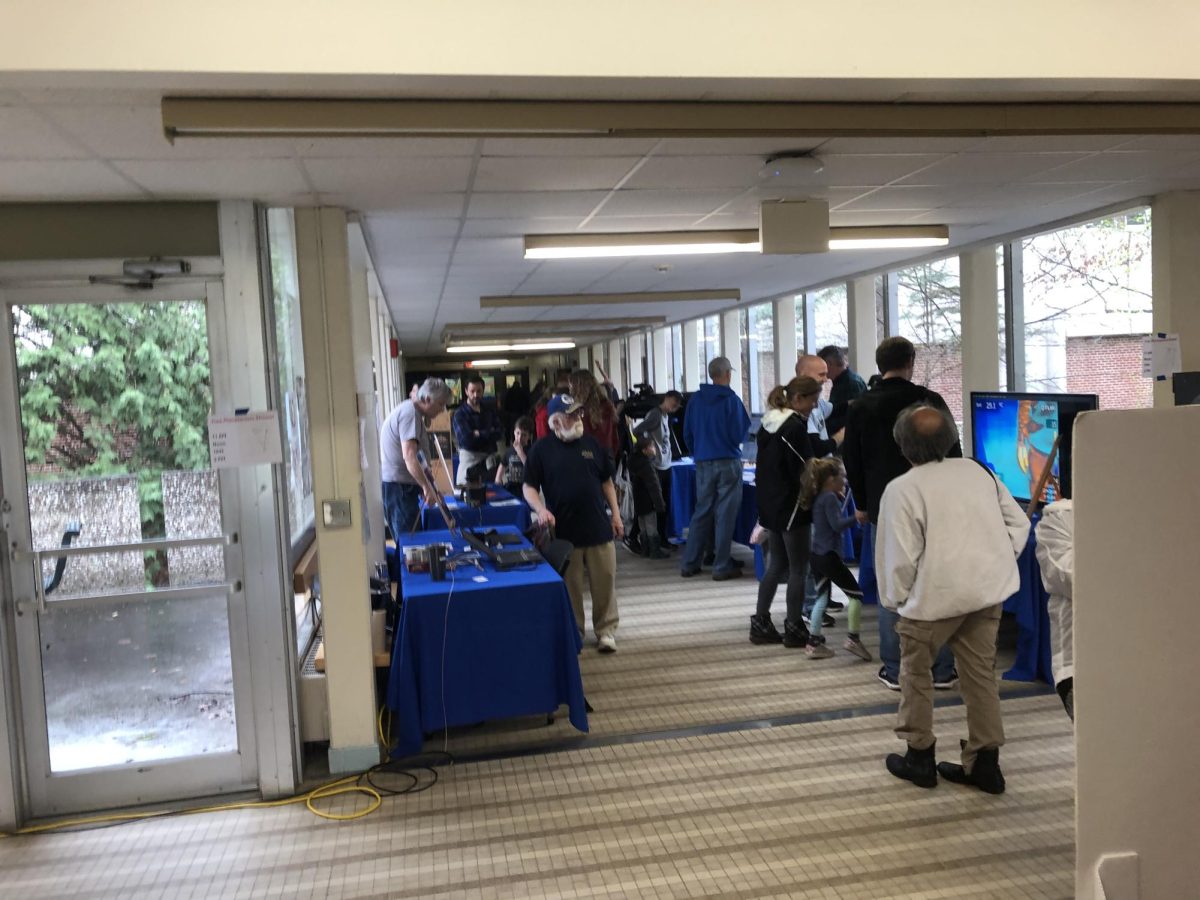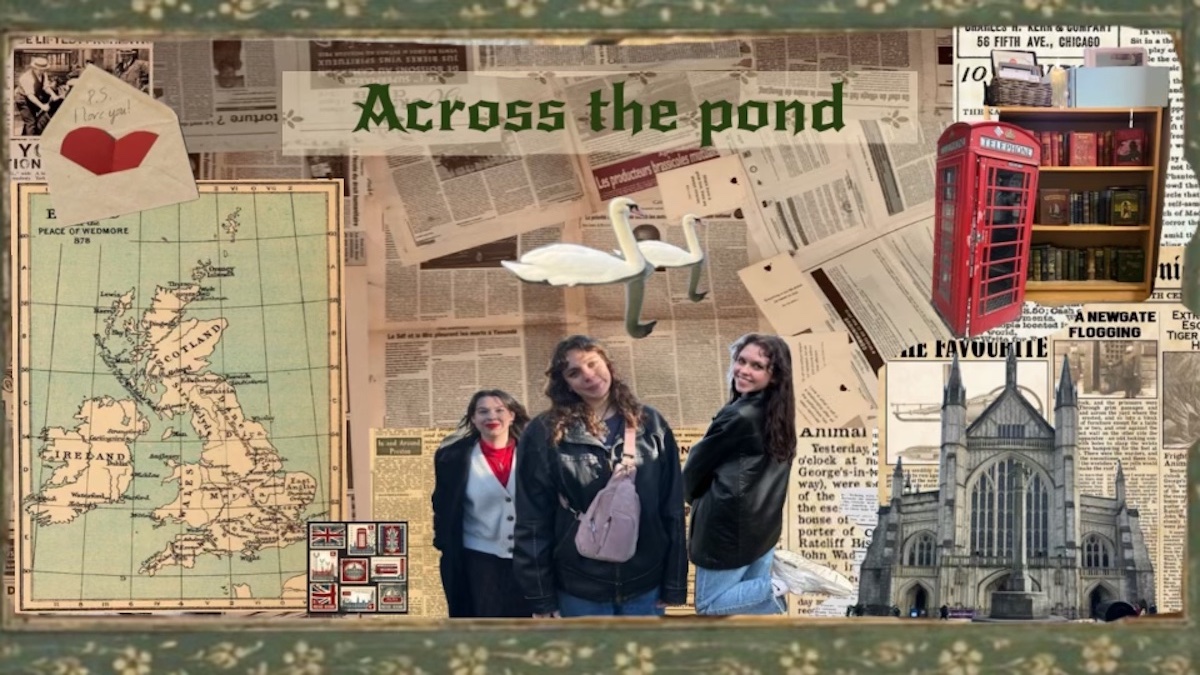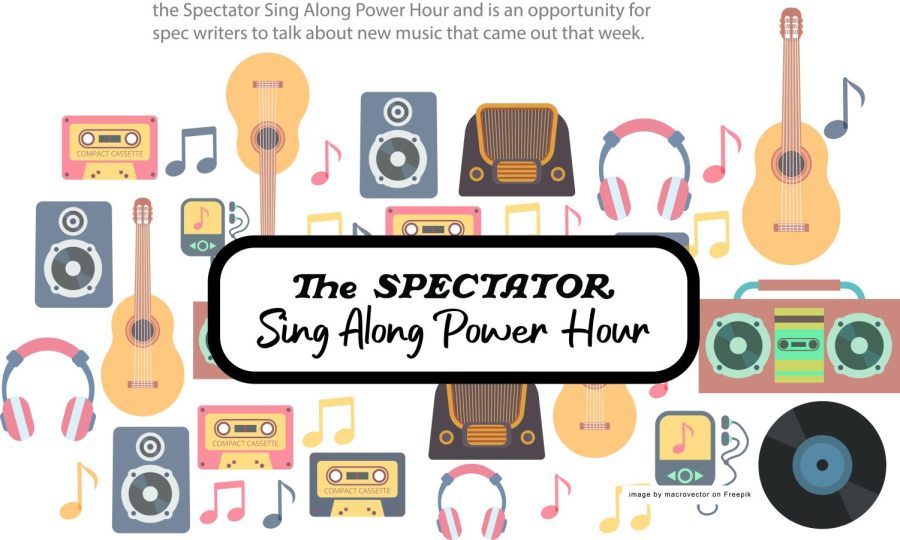Throughout my time in the U.K., I have discovered a plethora of differences between good Old Blighty and America. Some are small like people enjoying baked beans bright and early or slang that just barely makes sense.
Seriously, what do “bagsy” and “chav” really mean?
Besides awkwardly struggling in an attempt to use local slang, I have been doing a lot of travel during my time abroad and I have noticed some fundamental differences in the accessibility of transport in Europe vs. America.
In Europe, it feels there are many more laws and more attention on the infrastructure in place, to make the day-to-day lives of citizens easier. One huge thing for me as I parade across Europe has been the public transport system.

Being in the U.K. and across Europe has brought a welcome change of pace from the stressful disorganized system we have in place in the U.S.
The underground systems like the Tube in London or the Metro in Greece have made travel smooth and painless. With clear signs and easily understandable, color-coded maps, these countries have simply one-upped America’s confusing and convoluted subways.
Another thing I have noticed is the systems in place to make public transportation more accessible. One way they have done that is through the “please offer me a seat” badges. This allows people with invisible disabilities priority seating without having to over-explain their condition.
In my opinion, this is an excellent idea that I would love to see implemented in America. People who are struggling don’t always show it. While someone may look young and spry when they ask for your seat, they may not be, and the pins can help avoid any anger or confusion while making sure those who struggle, have a seat.
Beyond that, they have a much better infrastructure in general for people with disabilities by allowing more room for guides and service dogs. Along with having clear announcements for every stop for people who may, for whatever reason, struggle with the written instructions (and they help a frazzled college student make sure she’s getting off at the right stop.)
The bus and train system is also super easy to figure out and helps promote the usage of public transport over privately owned vehicles. This helps cut down on carbon emissions and in turn, helps the environment. Public transport is always a good idea, but it’s especially helpful when the systems are clean and easy to understand.
From Italy to Norway, I have found European transport to be much easier than transport in places like Minneapolis or Milwaukee. Even when I don’t speak the language, the directions are clear and the times are accurate.
One thing I was partially fond of was during my time traveling Metro in Greece.
The signs showed the minutes until your train arrived, rather than the estimated time it would be there. This made it very clear which train was at the station and which would be due in the coming minutes.
Even when the signs were all in Greek I felt confident I was getting on the right train.
A reoccurring sentiment amongst us young travelers, settling into a seat on a train, has been “I could never do this in Chicago.”
Freeman can be reached at [email protected].








